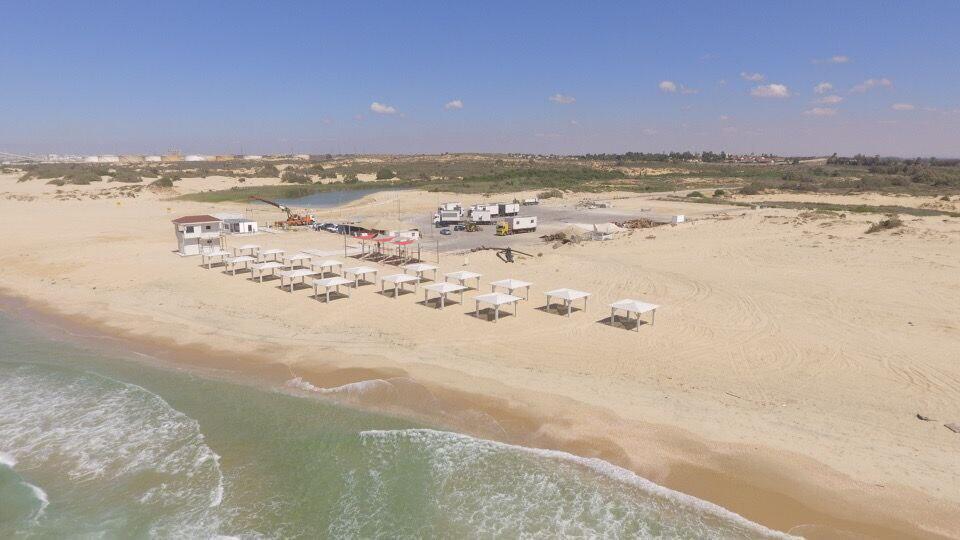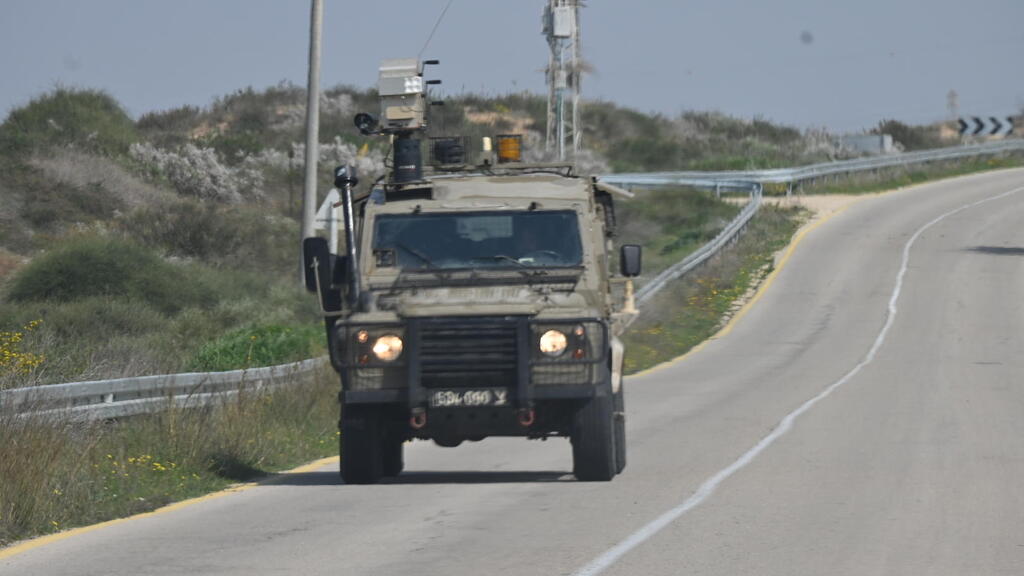Getting your Trinity Audio player ready...
On October 7, the battle at sea ended in less than an hour thanks to a swift response from IDF Navy forces, even though no reinforcements were sent to the coastline overnight, even after warning signs emerged.
The Navy had even been instructed not to raise its alert level, yet still managed to eliminate about half of the Hamas terrorists who attempted to infiltrate by sea. However, those who did make it ashore murdered 17 people at Zikim beach, near the Gaza border.
Hamas boats infiltrating Israel on October 7
As part of the IDF’s core investigations into the failures of October 7, released Thursday for the first time since the attack, the military reviewed the Navy’s response. The investigation found that the rapid reaction of the Ashdod-based 916th Flotilla, which was on routine patrol off the Gaza coast that morning, was key in quickly ending the battle.
The IDF’s Southern Command and the Gaza Division had not issued warnings about unusual activity the night before the massacre and the Navy also did not reinforce its presence despite signs of an impending attack.
However, the commander of the Navy’s elite unit did arrive at the Ashdod base overnight and an additional patrol boat was placed on standby for rapid deployment. The decision was made after a late-night update from Gaza Division commander Brig. Gen. Avi Rosenfeld to the Ashdod base commander regarding suspicious signals.
Despite this, the navy was explicitly ordered not to increase its alert level. “Do not conduct unusual activity at sea so that Hamas does not realize we are watching them more closely tonight due to the warning signs,” the directive said.
Timeline of the attack
At 6:29 a.m., the Navy’s surveillance detected hundreds of large Palestinian fishing boats along the coast, under whose cover Hamas naval commandos launched their attack. Four minutes later, at 6:33 a.m., the Ashdod naval base declared a confirmed terror attack from the sea, issuing an alert equivalent to the IDF’s highest-level ground incursion protocol.
At 6:37 a.m., the Navy requested that Israeli police evacuate Zikim beach and called on the Gaza Division to send infantry forces to secure the shore, in case some of the terrorists managed to breach Israel’s defenses.
However, in a disturbing incident that has yet to be explained by Southern Command, an infantry force deployed to the area failed to engage the Hamas squad that landed at Zikim beach.
Instead, the soldiers lay on the ground about 100 meters (330 feet) away and later retreated. The terrorists then seized their open-top vehicle and drove toward nearby Kibbutz Zikim.
A Navy lookout, noticing the failure to stop the terrorists, took the initiative and called the Zikim security chief, warning him about the incoming threat. The security chief managed to mobilize the local emergency alert squad, which intercepted and killed the terrorists before they could reach the kibbutz.
In total, the navy destroyed five of the seven Hamas boats at sea, killing 22 out of the 38 terrorists who attempted an amphibious invasion. However, 16 terrorists successfully made it ashore.
Navy officers acknowledge shortcomings
“The forces responded quickly and decisively but our weapons weren’t lethal enough,” navy officers admitted in the investigation. “In one instance, a commander hesitated for a full minute before opening fire on an enemy boat due to restrictive engagement rules that have been in place since 2014’s Operation Protective Edge.”
“We failed in our mission to defend Israel from the sea,” The report concluded. “We were not prepared for such a large-scale surprise attack — only for a more limited infiltration scenario.”








